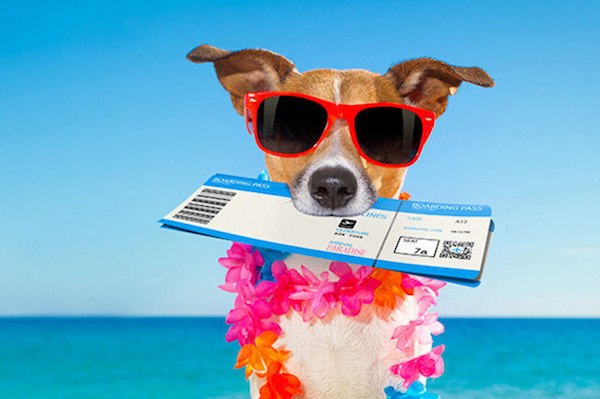Relocating pets is a fickle business. There are many things you need to take care of and many things that you should make sure of. Don’t lose hope that you might not be able to bring your pet, but instead create a checklist of what you should do to move your pet.
Here are things you should make sure of:
CITES list

All the rules are different for each pet that you have. If you have a pet that is listed in the Convention on International Trade in Endangered Species of Wild Fauna and Flora (CITES), permits will need to be secured before heading over to Indonesia. This will make sure that the animal you carry is indeed not acquired illegally.
State of your pet

The state of your pet will also determine whether they can or cannot enter the country. Borders have limitations, in which your pet may not enter the country when they are pregnant or nursing. Your beloved pet might be too weak and exposing them to different conditions in the plane might increase chances of harm done.
Rabies Vaccination Papers
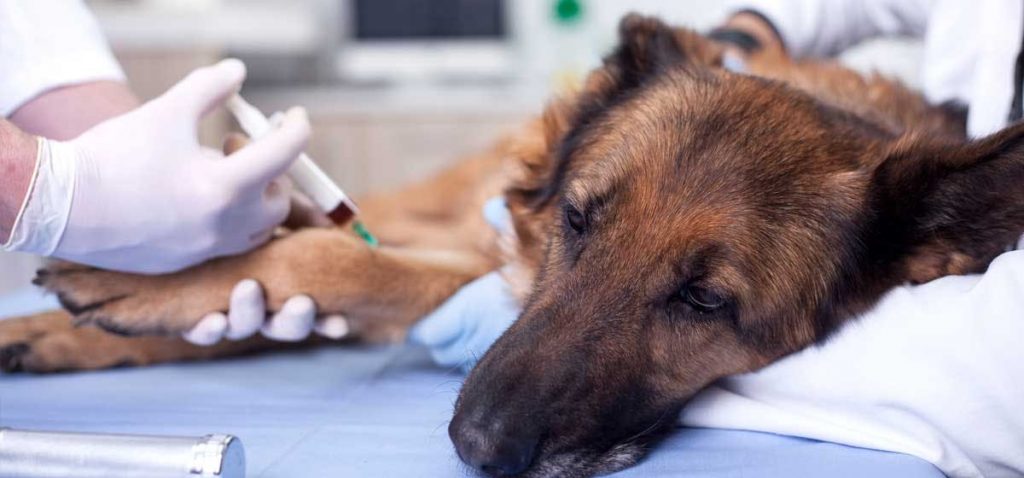
Rabies is a viral disease that can infect both animals and humans. In order to make sure, mammalian pets need to be vaccinated against the rabies virus before being sent to Indonesian. Puppies and kittens aged a minimum of three months should get vaccinated, which sets out the minimum age to which pets are allowed to enter the country, which is four months old. The recommended timeline of pet vaccination is more than 30 days before arriving in Indonesia, but not more than 12 months before arrival.
Rabies-Free Ports in Indonesia
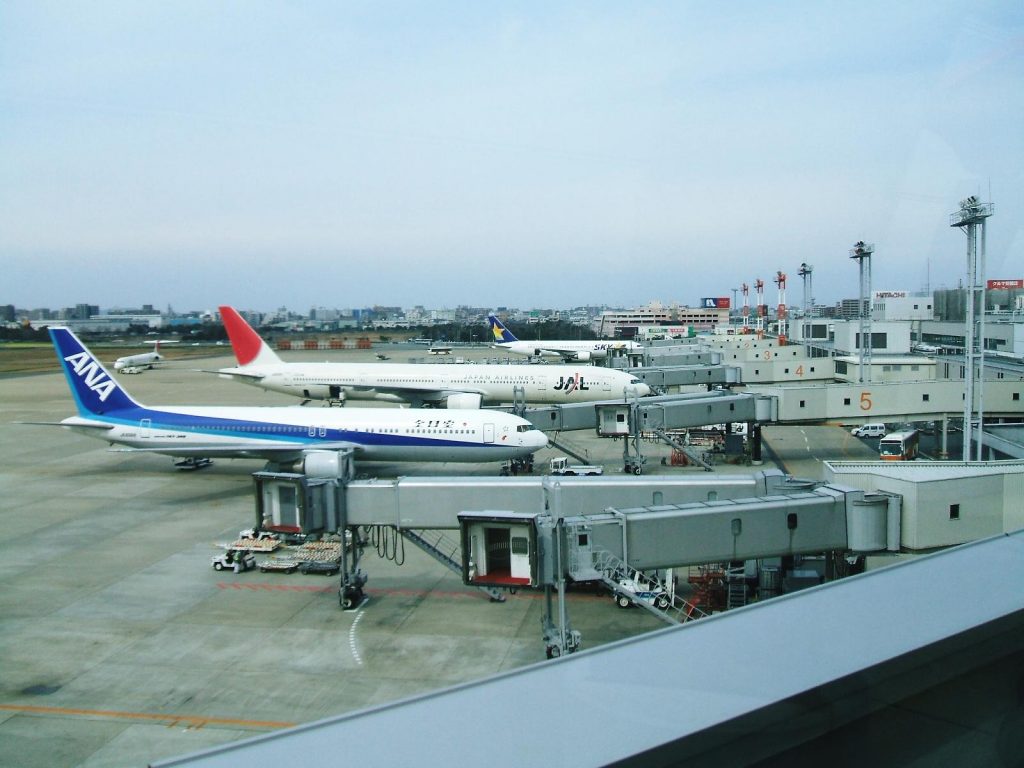
In Indonesia, some ports are labelled rabies free. This changes a whole lot for your pet, as only pets from rabies-free countries may enter rabies-free areas in Indonesia. Rabies-free areas in Indonesia are all islands surrounding Sumatra, West Kalimantan, Maluku, West Papua, East Nusa Tenggara, West Nusa Tenggara, Madura Island, East Java, Central Java and Yogyakarta. Any pets arriving from a country not considered to be rabies-free may enter territories in Indonesia that are not rabies-free, but will not be allowed to pass through Jakarta.
Admitted Sea Ports

Pet owners, this is a very important tip! Pets that are travelling by sea will only be allowed to enter the ports of Tanjung Priok, Cirebon, Semarang, Tanjung Perak, Belaway Deli, Telus Bayur, Ujung Pandang and Manado. Pets that are travelling by air, on the other hand, can only pass through airports of Jakarta, Medan, Pekanbaru, Manado and Surabaya.
Quarantined pets will only be allowed through the Soekarno-Hatta International Airport in Jakarta. In this case, an advanced notification at the least two days ahead of time is needed for you to inform the airport or quarantine station about your date of arrival.
Proof of Blood Titer Test

However if the country where you came from is not listed as one of the rabies-free countries, a blood titer test will need to be done. A blood titer test is given 30 days before a rabies vaccination to make sure that your pet has enough antibodies for the vaccine to have maximum effect.
Testing for H3N2 Virus

Source: Science Photo Library
The H3N2 is a virus sub-type that causes influenza in both humans and animals. Pets leaving from US and Canada are specifically tested for the H3N2 virus. If it really does show up positive, then your pet will be quarantined for 14 days.
Health Certificate From a Licensed Veterinarian

Birds, reptiles or other animals may not need rabies shot like dogs, but they will need a health certificated from the country it comes from. The vet who issues the health certificated must also be licensed with the Health Certificate for Indonesia and an endorsement from the government agency dealing with pets.
Import License From the Indonesian Government
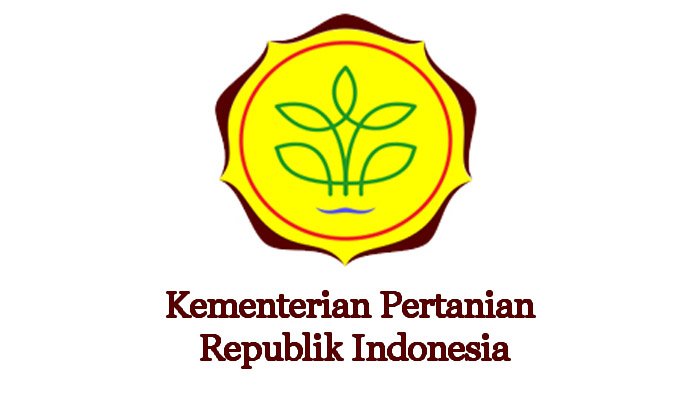
From the Indonesian government, you will be needing the import license, issued by the Director of Animal Health of Indonesia. All you need to do is get a recommendation from the office handling import licenses in the province of your destination. As easy the process is, it’s also important to remember that it takes about 30 days to receive the license after application.
Find out how you and your pet can be comfortable while in transit
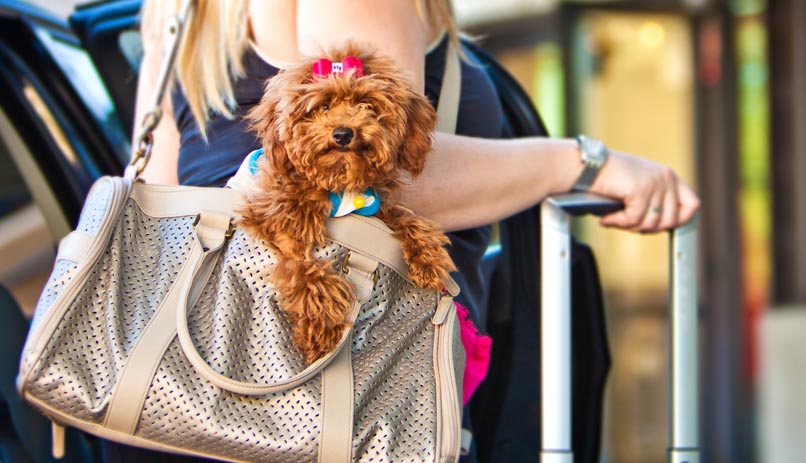
Depending on the rules set on the flight, pets can also have different levels of comfort. Pets are treated differently within each airline, which is why it’s important to ask the airline about their regulations on pets before boarding on the plane.
The best case scenario will be carrying your pet as excess baggage, since this allows you to check on your pet at any time while travelling. Otherwise, you can also transport it through cargo in unaccompanied form, as it is cheaper than booking excess baggage.
Install a microchip on your pet
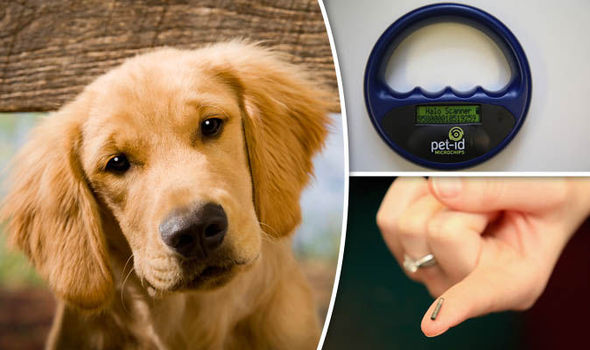
Although Indonesia does not require it, pet travel experts recommended installing a microchip in your pet. This microchip will carry information and record of your contact which is useful in case your pet gets lost. If your pet doesn’t have a microchip, tags are also sufficient as an identifier for your pet.
Although there are many things to think about when bringing your pet, it is all worth it! remember all of the good times you and your pet has ever had. All of the documents and effort will seem effortless if you can bring him/her together with you on this new adventure!
Do you have any other tips for travelling with pets? Share your experience in the comments section below!

